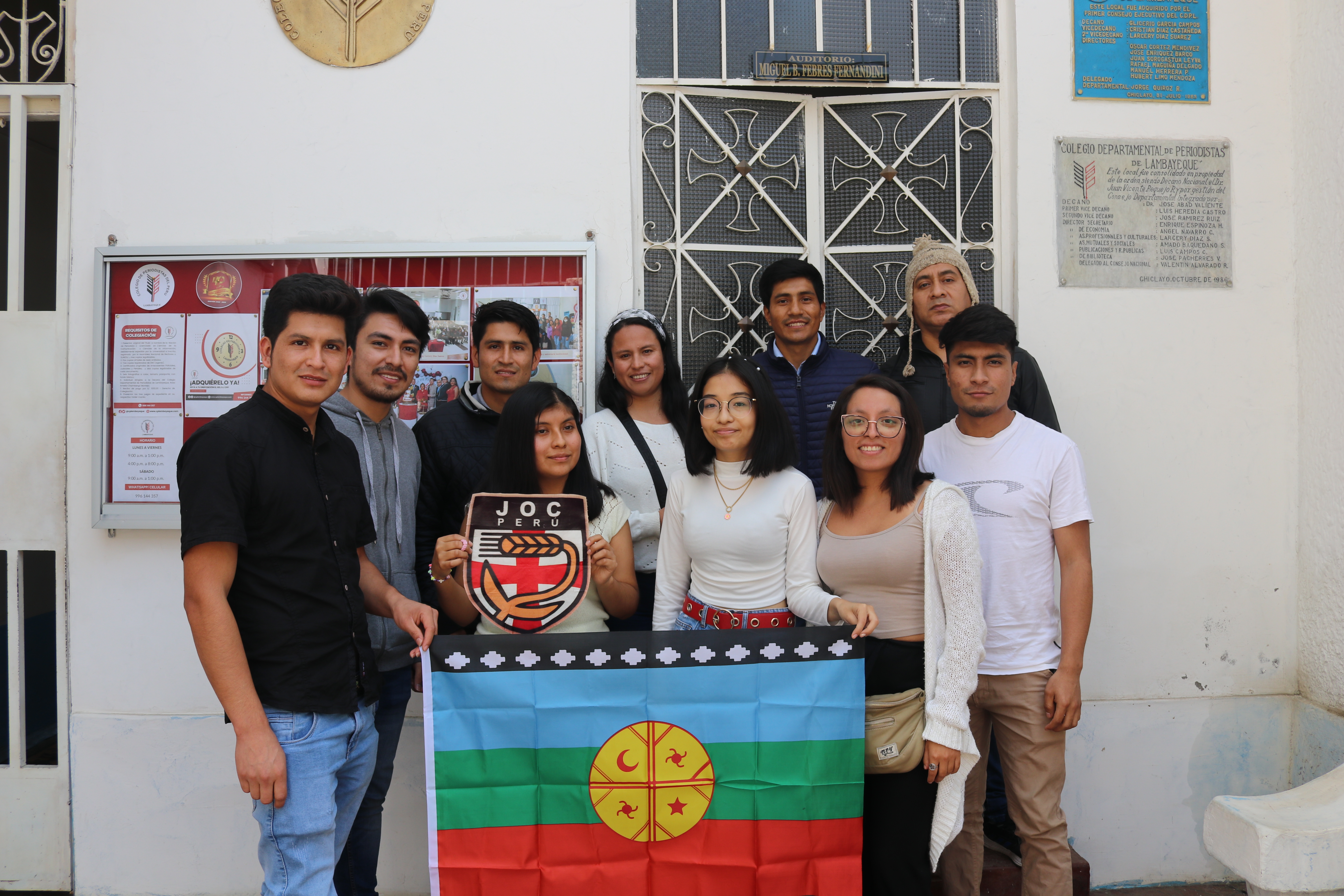Cardijn was born on November 13, 1882. The 140th anniversary of his birth will be celebrated in the church of Our Lady of Laeken, Belgium on November 13, 2022 at 11:15 am. You are welcome to attend! You could also organize a celebration wherever you are!

In the church of Our Lady of Laeken, there is a very simple tomb: the tomb of Joseph Cardijn, the founder of the YCW, who died in 1967 at the age of 85.
A sentence is written on the wall: A young worker is worth more than all the gold in the world. It is a CRY, a CRY of denunciation of a dominant system that destroys personal dignity, solidarity, the environment...
It is a CRY of demand, a goal of action and struggle, a rallying CRY. That sentence sums up the feeling that drove Joseph Cardijn deep inside.




 English
English  Español
Español  Français
Français